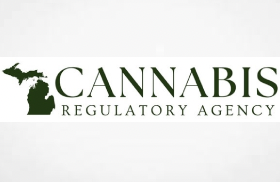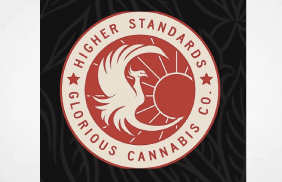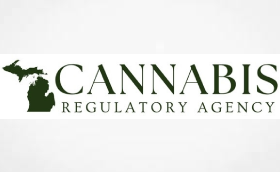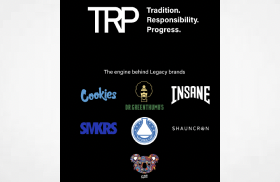It is no secret that the United States Patent and Trademark Office (USPTO) has taken a hardline stance when it comes to cannabis-related trademarks, specifically when it comes to marks used in connection with the sale of cannabis products and drug paraphernalia. To register a trademark with the USPTO, an applicant must adhere to specific legal requirements contained in the federal Lanham Act, including lawful use of the applied-for mark in interstate commerce. Given that the possession, distribution, and manufacture of cannabis remains illegal under federal law via the Controlled Substances Act (CSA), the lawful use in commerce requirement poses unique challenges to the cannabis industry.
As a result, cannabis attorneys have pursued federal trademark protections on behalf of cannabis clients through a variety of legal strategies, including securing federal trademark registrations for ancillary (non-plant-touching) products like hats, t-shirts, and smoker’s articles under the same brand name used to market the applicant’s cannabis products. Another strategy involves the filing of an Intent to Use application, which requires the applicant to demonstrate use of the applied-for mark in commerce through the filing of a future addendum, which would theoretically require the applicant to delay registration until the end of federal prohibition, but could cause problems if a non-cannabis-related company applies for the same mark prior to a change in federal law, provided that company is making lawful use of the applied-for mark in interstate commerce.
To overcome a USPTO action letter regarding a cannabis trademark application, one must persuade the USPTO that the applied-for trademark is used in connection with lawful commerce. In one case, I successfully convinced the USPTO to allow for trademarking of what could be considered “drug paraphernalia” for purposes of the CSA, as I argued that there was an exception to the prohibition on mailing of drug paraphernalia in cases where a person is authorized by federal, state, or local law to manufacture, possess, and distribute such items. This would be the case for my client who was selling drug paraphernalia items only in states where marijuana is legal for recreational or medical purposes.
In another application, I successfully convinced the USPTO to register a trademark consisting of hemp cigarettes because I explained that introducing such products into interstate commerce was not prohibited under the CSA and federal Food, Drug, and Cosmetic Act, which would have otherwise prevented the applicant from registering their trademark. In most cases, it is a matter of educating the USPTO on the legal landscape and figuring out whether your application may fall under a number of legal exceptions that will allow the USPTO to move forward with registration.
Prior to the USPTO crackdown on cannabis-related trademark applications a few years ago, cannabis trademark attorneys could submit applications containing broad, ambiguous terminology and without any explicit or implicit reference to cannabis to avoid an initial refusal of the applied-for mark. However, the USPTO has made it abundantly clear that this strategy will not work anymore, as USPTO Examining Attorneys are quick to investigate any trademark application that may relate to cannabis, which can include a review of the applicant’s website or advertising materials found online. As a result, it’s important to find an attorney who is able to work with the USPTO to identify potential legal options for securing your federal trademark sooner rather than later.
You can contact Emily Burns at [email protected] or 503-488-5424.
https://greenlightlawgroup.com/blog/challenges-for-cannabis-related-trademarks-at-the-uspto


















